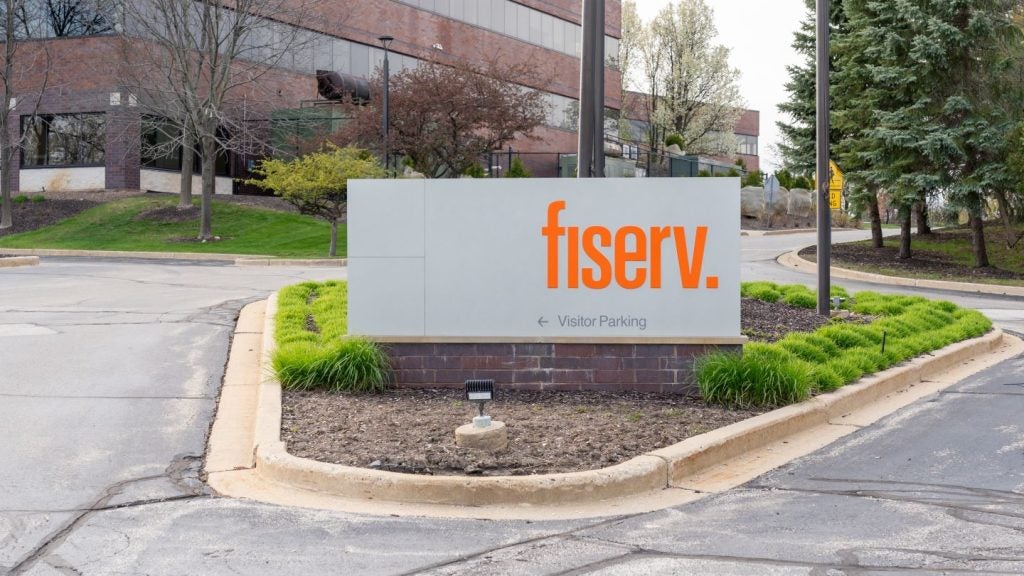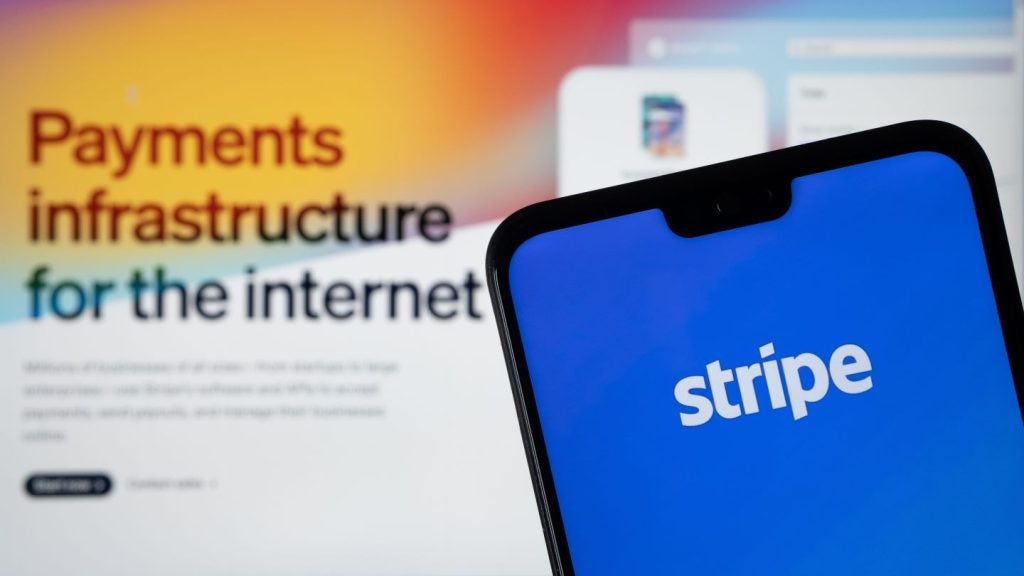By volume nearly 90% of payments in the UAE are made in cash, which is seen as safe, quick and easy to manage. Card use is relatively low, but banks and the government are looking to promote financial inclusion and cashless transactions. The large expatriate population is also driving demand for prepaid
Cash remained the predominant payment instrument in the UAE during 2011-2015, accounting for 88.7% the country’s payment transaction volume in 2015. Consumers in the UAE tend to see cash as a quick and safe payment option, over which they have relatively high levels of control.
According to a survey by Network International in August 2015, cash was the most popular payment method among Emirati consumers in 10 of 12 purchase categories. The survey found that only 12% of consumers use debit cards four or more times a week, 15% do so two or three times a week, and more than 50% only use debit cards once or a week or less.

Consumers are more inclined to use credit cards, with 16% of consumers using credit cards four or more times a week, 17% using them two or three times a week, and 37% only using credit cards once a week or less.
Card payments are gradually increasing in prominence, supported by government financial inclusion programmes, promotional campaigns by financial institutions and the adoption of EMV and contactless.
Frequency of use of payment cards in the UAE was 47.6 in 2015 – higher than peers such as Lebanon (31.6), Oman (23.1) and Bahrain (16.9).

US Tariffs are shifting - will you react or anticipate?
Don’t let policy changes catch you off guard. Stay proactive with real-time data and expert analysis.
By GlobalDataTo promote cashless payments, 16 equity partner banks – NBAD, ADCB, ADIB, Mashreq Bank, Dubai Islamic Bank, CBD, Rakbank, UNB, Al Hilal Bank, SIB, Al Masraf, Bank of Sharjah, Invest Bank, UAB, NBF and NBQ – agreed to implement an mWallet platform in August 2016.
The platform is regulated by the central bank and developed under the supervision of the UAE Banks Federation, which aims to promote and improve the UAE’s banking sector. The platform aims to provide the unbanked population with access to basic financial services, including payments and fund transfers using mobile phones.
Financial inclusion initiatives
Improving financial inclusion has driven adoption of debit cards in the UAE. The government introduced the Wages Protection System (WPS) in January 2009, requiring the payment of salaries through banks or other financial institutions. The electronic wage-transfer system offers transparency to both domestic and foreign workers, and addresses delayed or non-payments.

All institutions registered with the Ministry of Labor are subject to the requirements of the WPS. As of October 2015, there were 4.6m foreign workers registered with the Ministry of Labor, of which 3.5m were enrolled in the WPS.
The percentage of the population aged 15 or above with a bank account rose from 59.7% in 2011 to 87.5% in 2015, according to the World Bank’s Global Findex survey. Increased banking penetration also supported growth in the debit cards market.
Immigrant population fuels prepaid growth
The UAE has a large immigrant population. In 2015, there were 4.5m expatriate workers, accounting for nearly half the total population. The immigrant population accounted for 88.4% of the resident population in 2015, according to the International Organization for Migration. Many expatriate workers use prepaid cards to remit funds to their home countries.
In February 2016, UnionPay International collaborated with banks in the UAE to issue an EMV prepaid salary card. The card is compliant with the WPS and enables banks to offer secure wage payments to workers.
The prepaid card transaction value more than doubled during the review period to reach $10.6bn (AED39bn) in 2015.







